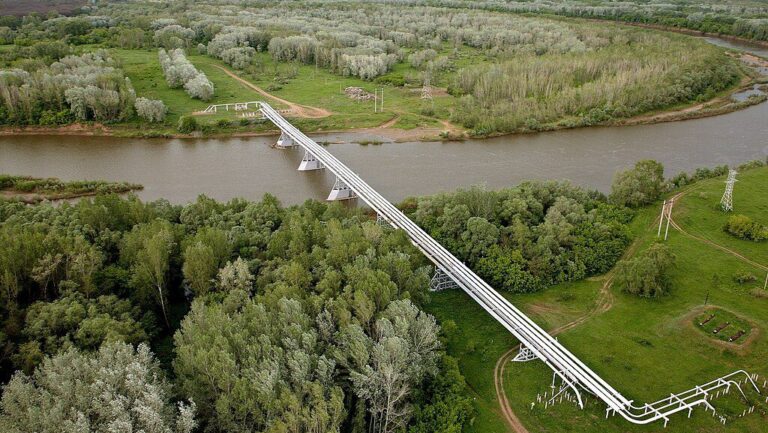An MP for Germany’s ‘center-right’ Christian Democratic Union (CDU) party, who in 2021 lost a local election to an AfD candidate, is working on draft legislation that, if adopted by the Bundestag, would see the right-wing antiglobalist Alternative für Deutschland (AfD) party banned outright.
CDU MP and former Eastern Commissioner of the Federal Government Marco Wanderwitz, who first urged his colleagues to ban the party back in July, has once again called for an AfD ban, telling the state-run broadcaster ARD: “We are dealing with a party that seriously endangers our free democratic basic order and the state as a whole,” and “that’s why it’s high time to ban them.”
In order to bring the motion before the Bundestag for a vote, Wanderwitz will need the support of at least 36 MPs. The CDU MP is currently looking for political allies that will help move a potential ban forward. He is said to be in talks with lawmakers from his party as well as those from other parliamentary factions, according to Tagessschau.
In a July interview with public broadcaster ZDF, Friedrich Merz, chairman of the CDU/CSU parliamentary group in the Bundestag, spoke out against a ban on the AfD: “Party bans have never led to solving a political problem.”
The imposition of a ban on the AfD would result in the party being forced to forfeit all mandates it has secured across all administrative levels, ranging from local councils to the European Parliament. Furthermore, the state would seize all of the AfD’s assets, leaving the party unable to pay the salaries of its employees.
The legal hurdles to ban a political party in Germany are extremely high, however. While the Bundestag (lower house), the Bundesrat (upper house), and the executive in the federal government are permitted to bring forward an application to ban a party, the Basic Law (German constitution) provides that the decision to initiate prohibition proceedings ultimately lies with the German Constitutional Court.
In the event that the court does decide to move forward with proceedings, it would likely take several months to years before it reaches a final verdict. Additionally, if the Constitutional Court decides to enact a ban, the AfD could appeal the verdict at the European Court of Justice (ECJ). Constitutional lawyers believe that the ban is improbable, given the high legal hurdles.
It’s worth noting that the most recent attempt to ban a political party, despite being brought forward jointly by the Bundestag, Bundesrat, and the federal government, was shot down by the Constitutional Court in 2017. That political party was the National Democratic Party of Germany (NPD), an extreme-right, ultranationalist party that Germany’s Federal Office for the Protection of the Constitution (BfV) described as “racist, anti-Semitic, and revisionist.”
“The NPD pursues anti-constitutional goals but at the moment there is an insufficient weight of evidence to make it appear possible that their behavior will result in success,” declared the court’s top judge Andreas Vosskuhle while delivering the verdict. This was the second attempt to ban the NPD. The first attempt was rejected after it was revealed that a significant portion of the party’s leaders were undercover agents or informants for the Federal Office for the Protection of the Constitution (BfV).
The AfD, in stark contrast with the NPD, emphasizes the importance of including in the party those with a migrant background who are culturally assimilated, upwardly mobile, and pay taxes. Contrary to popular belief, the AfD has more parliamentary group members with migration backgrounds (7.2%) than the CDU/CSU (4.1%) or the FDP (5.4%), according to research by the Integration Media Service. Furthermore, the party, this summer, founded an association called ‘Mit Migrationshintergrund für Deutschland’ (with a migration background for Germany).
Sonntagsfrage zur Bundestagswahl • INSA/BILD: CDU/CSU 27 % | AfD 22,5 % | SPD 17 % | GRÜNE 13,5 % | FDP 6 % | DIE LINKE 5 % | FREIE WÄHLER 3 % | Sonstige 6 %
— Wahlrecht.de (@Wahlrecht_de) October 10, 2023
➤ Übersicht: https://t.co/Gzilw3J3L9
➤ Verlauf: https://t.co/vnhJf7ub9S pic.twitter.com/2nNxVltQ1n
The CDU lawmaker’s plan to ban the Alternative für Deutschland comes at a time when the AfD, according to the latest polls, is the second strongest political force in Germany, and continues to gain support not only in its stronghold in the east but in western states as well.






